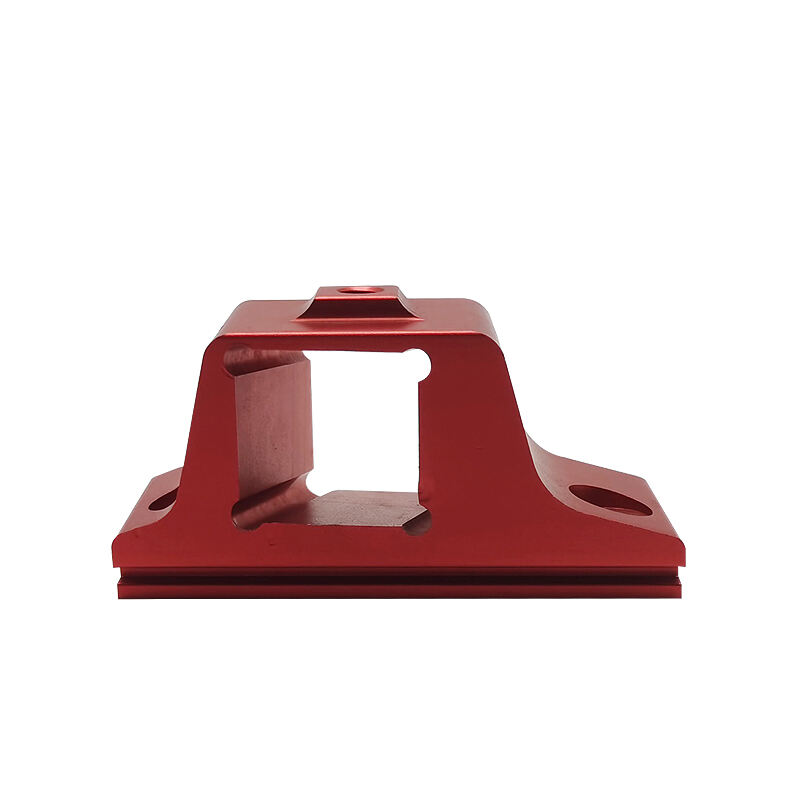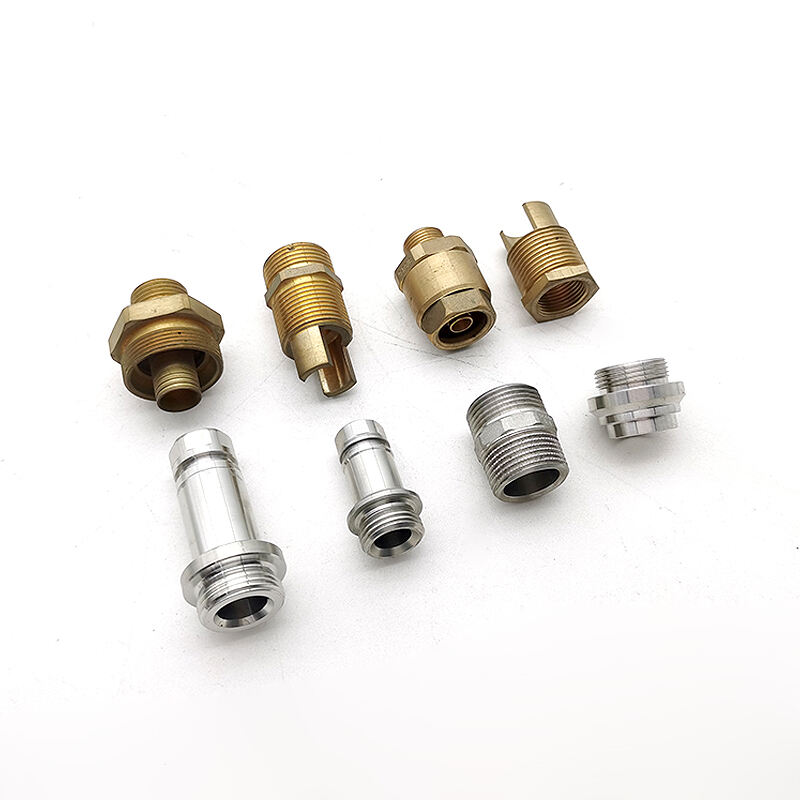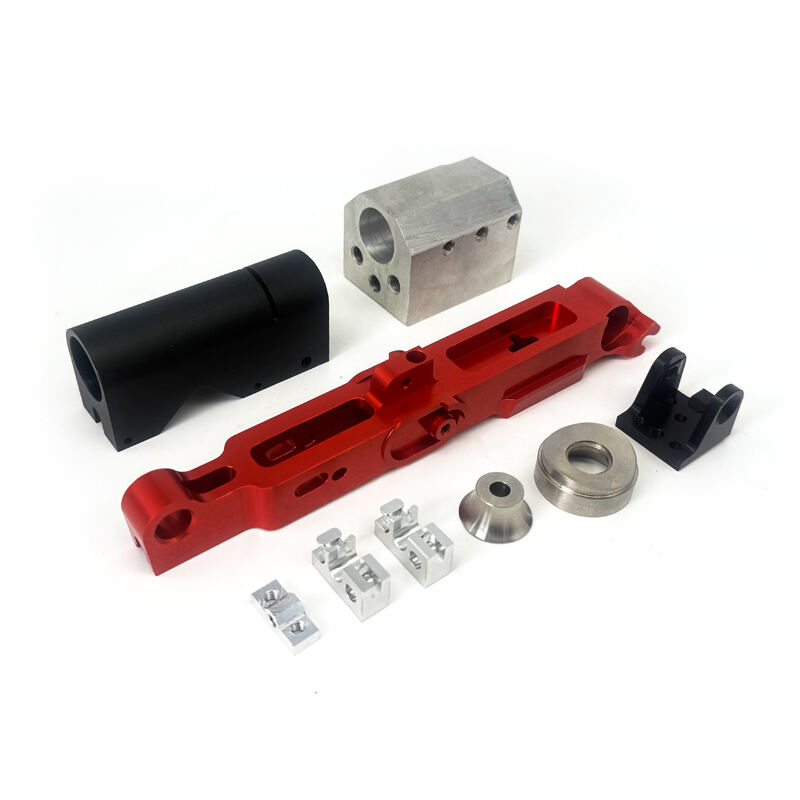cnc machining plastic
CNC machining plastic is a sophisticated manufacturing process that combines precision engineering with advanced computer control to create high-quality plastic components. This technology utilizes computer numerical control (CNC) systems to guide cutting tools through complex geometries, enabling the production of intricate plastic parts with exceptional accuracy. The process begins with a digital design, typically created using CAD software, which is then translated into machine instructions. Modern CNC machines can perform multiple operations including milling, drilling, turning, and routing on various plastic materials such as acetal, nylon, PEEK, PVC, and polycarbonate. The technology offers remarkable dimensional accuracy, often achieving tolerances as tight as ±0.001 inches, making it ideal for producing precision components. CNC machining plastic excels in both prototype development and production runs, providing consistency across manufactured parts while maintaining high surface quality. The versatility of this manufacturing method allows for the creation of complex geometries that would be difficult or impossible to achieve through traditional manufacturing methods. Industries ranging from medical device manufacturing to aerospace rely on CNC machined plastic components for their critical applications, particularly when precise specifications and reliable performance are essential.


